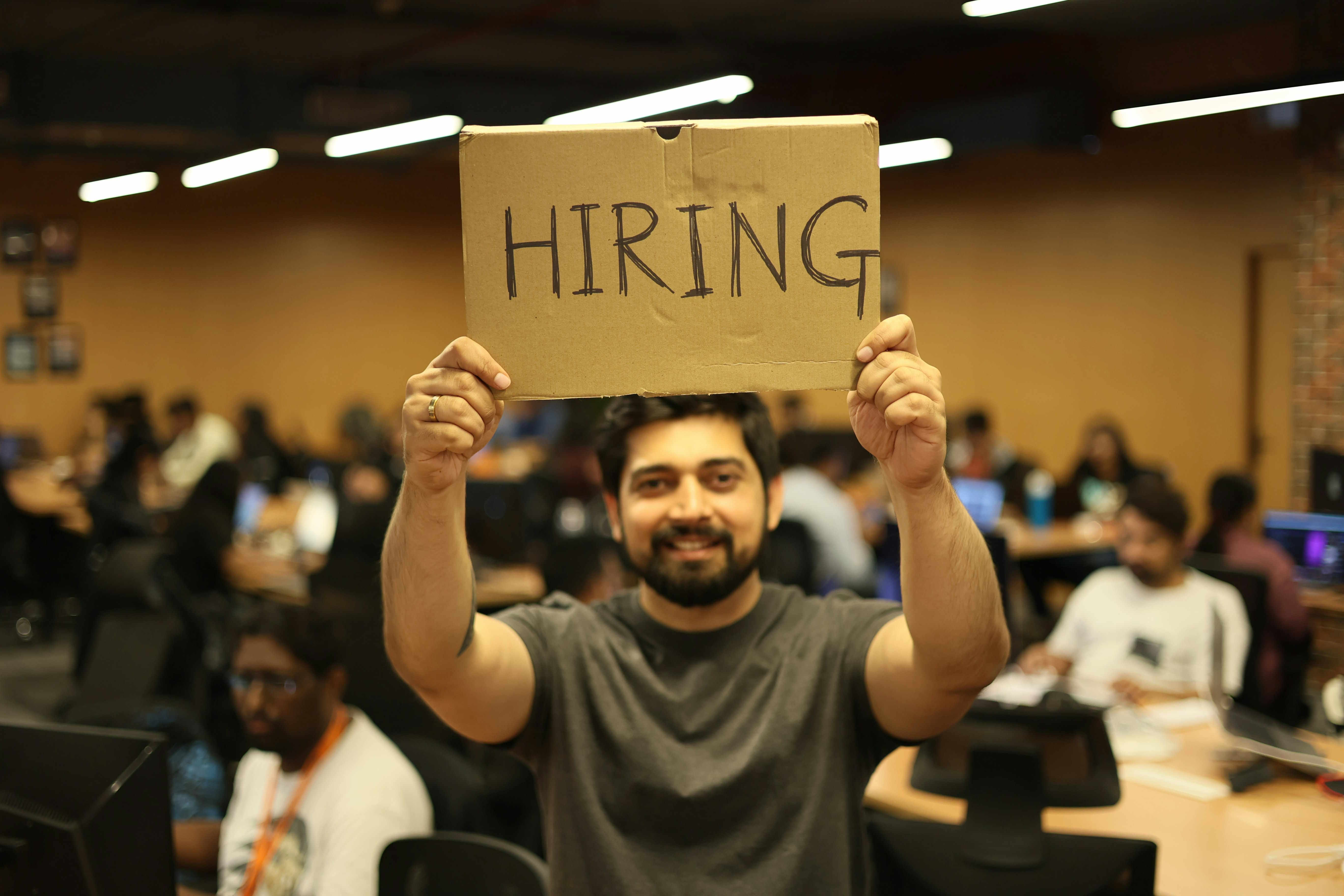Working in Seoul: A Comprehensive Guide to Employment Opportunities and Visa Requirements
Seoul's dynamic job market attracts professionals from around the world seeking career opportunities in South Korea's vibrant capital. This guide provides an overview of the employment landscape, visa requirements, and remote work possibilities in Seoul, helping you understand the general environment for international workers.

Types of Work Opportunities in Seoul
The Seoul job market offers various potential career paths for international professionals. The education sector has traditionally been a significant employer, particularly in language instruction. The technology industry, including IT and digital services, represents another growing sector. Additionally, multinational corporations maintain regional headquarters in Seoul, creating opportunities in fields such as finance, marketing, and business development.
Important Note: Job availability varies significantly based on market conditions, qualifications, and visa eligibility. The information provided represents general market trends rather than specific job openings.
Understanding Work Visa Requirements in Seoul
Securing a work visa is essential for legal employment in Seoul. The most common visa types include:
-
E-2 visa: Generally for language teachers
-
E-7 visa: For professional workers in specialized fields
-
F-series visas: For those with special circumstances or long-term residency plans
Note: Visa requirements and processing times may change. Always verify current requirements with official sources such as the Korean Immigration Service or your nearest Korean embassy.
Remote Work Options in Seoul
The remote work landscape in Seoul continues to evolve, with both local and international companies offering flexible arrangements. Digital nomads and remote workers should consider:
-
Coworking spaces available throughout the city
-
Internet infrastructure and connectivity
-
Time zone compatibility with employers
-
Tax implications and visa requirements
Professional Requirements and Qualifications
Most professional positions in Seoul typically require:
-
A bachelor’s degree or higher
-
Relevant work experience
-
Korean language proficiency (varies by position)
-
Necessary certifications for specific fields
Living and Working Costs in Seoul
Understanding the cost structure helps in planning your work transition to Seoul:
| Expense Category | Estimated Monthly Cost (KRW) | Notes |
|---|---|---|
| Housing (Studio) | 800,000 - 1,500,000 | Excluding deposit |
| Transportation | 100,000 - 150,000 | Public transit |
| Utilities | 150,000 - 200,000 | Including internet |
| Food | 500,000 - 800,000 | Basic expenses |
Prices, rates, or cost estimates mentioned in this article are based on the latest available information but may change over time. Independent research is advised before making financial decisions.
Cultural Workplace Considerations
Success in Seoul’s professional environment often depends on understanding local business culture:
-
Hierarchy is important in Korean workplaces
-
Business etiquette and protocols differ from Western standards
-
Building relationships is crucial for professional advancement
-
Work hours may be longer than in other countries
The employment landscape in Seoul offers diverse opportunities across various sectors, but success requires careful preparation, understanding of visa requirements, and cultural adaptation. While the market remains dynamic, potential candidates should conduct thorough research and verify all requirements through official channels before making career decisions.
Disclaimer: This overview presents general market information and should not be considered as guaranteed job opportunities. Employment availability, requirements, and conditions vary significantly and change regularly. Always verify specific opportunities and requirements through official channels and potential employers.




